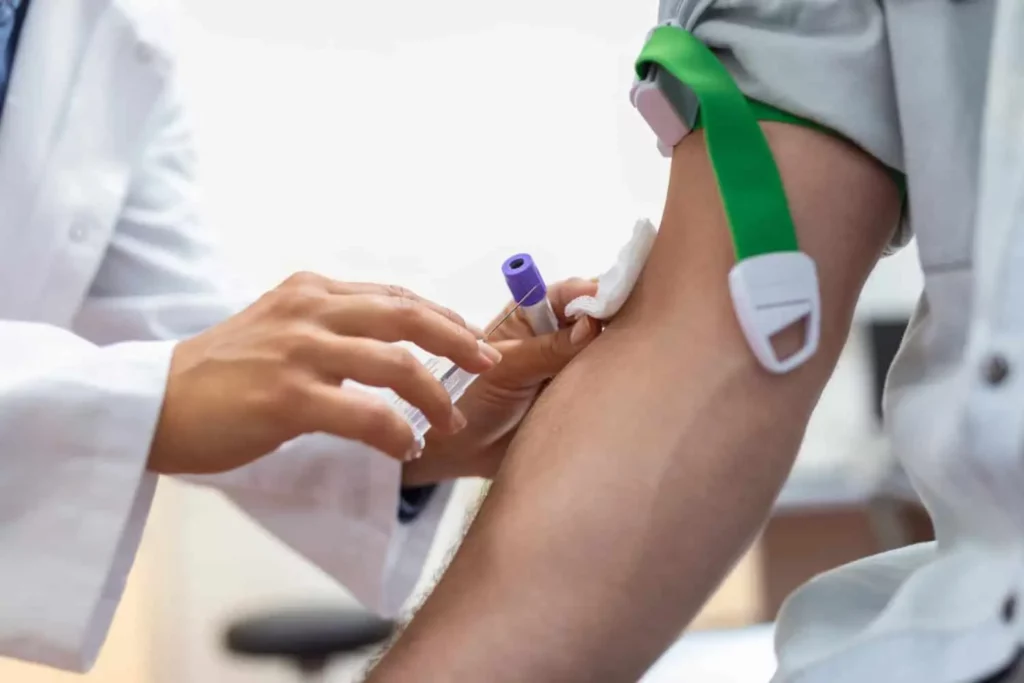Aug . 12, 2024 15:16 Back to list
Wholesale Suppliers for Dengue IgG Antibodies and Related Products for Diagnostic Use
Understanding Wholesale Dengue IgG Manufacturers A Comprehensive Overview
Dengue fever, a viral infection transmitted primarily by Aedes mosquitoes, has seen a dramatic increase in incidence over the past few decades. Particularly in tropical and subtropical regions, the disease poses significant health risks. As awareness of this serious issue grows, the need for efficient and reliable diagnostic tools becomes increasingly important. Among these tools, Dengue IgG tests play a pivotal role in identifying past dengue infections and distinguishing them from other febrile illnesses. This article delves into the importance of wholesale Dengue IgG manufacturers and their contribution to the healthcare sector.
The Importance of Dengue IgG Testing
Dengue IgG tests detect antibodies produced by the immune system after exposure to the dengue virus. These tests help diagnose a dengue infection that occurred in the past, which is crucial for assessing immunity levels in the population and guiding public health interventions. Rapid testing capabilities can streamline diagnosis and treatment, reducing the burden on healthcare facilities and improving patient outcomes.
This demand for accurate and rapid tests has led to a surge in the number of manufacturers producing Dengue IgG test kits. Utilizing advanced technologies and stringent quality controls, these manufacturers ensure that healthcare providers can access reliable diagnostics.
Wholesale Dengue IgG Manufacturers Who Are They?
Wholesale manufacturers of Dengue IgG tests are firms that produce testing kits in bulk, which are then distributed to healthcare providers, hospitals, and laboratories. These manufacturers often work across borders, supplying markets in regions heavily affected by dengue outbreaks. They offer various test formats, including enzyme-linked immunosorbent assays (ELISAs), rapid diagnostic tests (RDTs), and polymerase chain reaction (PCR) tests.
Key Factors to Consider in Choosing a Manufacturer
wholesale dengue igg manufacturers

1. Quality Assurance Trusted manufacturers adhere to international quality standards such as ISO certifications, ensuring that their products are safe and effective. Healthcare providers should prioritize sourcing from manufacturers with a solid reputation for quality.
2. Regulatory Compliance It is essential that Dengue IgG test kits are approved by regulatory bodies such as the FDA in the United States or CE marked in Europe. This compliance guarantees that the tests have undergone rigorous validation.
3. Technological Innovation The best manufacturers invest in research and development to improve their products continually. Innovations may include the development of multi-pathogen testing kits or more rapid testing methodologies that reduce the time to result.
4. Support and Training A good manufacturer also provides technical support and training for healthcare personnel using their products. This support is crucial for ensuring accurate test administration and interpretation.
5. Cost-Effectiveness Competitive pricing is a significant factor for healthcare facilities, particularly in resource-limited settings. Manufacturers should provide cost-effective solutions without compromising on quality.
The Future of Dengue IgG Testing and Manufacturers
As the global burden of dengue continues to rise, the role of wholesale Dengue IgG manufacturers becomes increasingly critical. Innovations in diagnostics and a better understanding of dengue epidemiology could lead to more effective testing and management strategies. Furthermore, as technologies evolve, manufacturers may develop kits that not only detect dengue but also distinguish between different serotypes, providing deeper insights into immunity and potential disease outbreaks.
In conclusion, the presence of reliable wholesale Dengue IgG manufacturers is essential for effective dengue management, especially in endemic regions. By providing high-quality testing solutions, these manufacturers play a vital role in improving healthcare responses to dengue outbreaks, ultimately contributing to better health outcomes for affected populations. As the fight against dengue continues, the collaboration between manufacturers, healthcare providers, and public health authorities will be crucial in turning the tide against this threatening disease.
-
Dengue NS1 Rapid Diagnostic Test Kit
NewsMar.07,2025
-
Dengue NS1 Rapid Diagnostic Test Kit
NewsMar.07,2025
-
Dengue NS1 Rapid Diagnostic Test Kit
NewsMar.07,2025
-
Transferrin Rapid Test Cassette Tumor Marker TF Card
NewsMar.07,2025
-
Malaria Pf Pan Rapid Diagnostic Test Kit
NewsMar.07,2025
-
malaria pf / pan ag rapid test
NewsMar.07,2025

